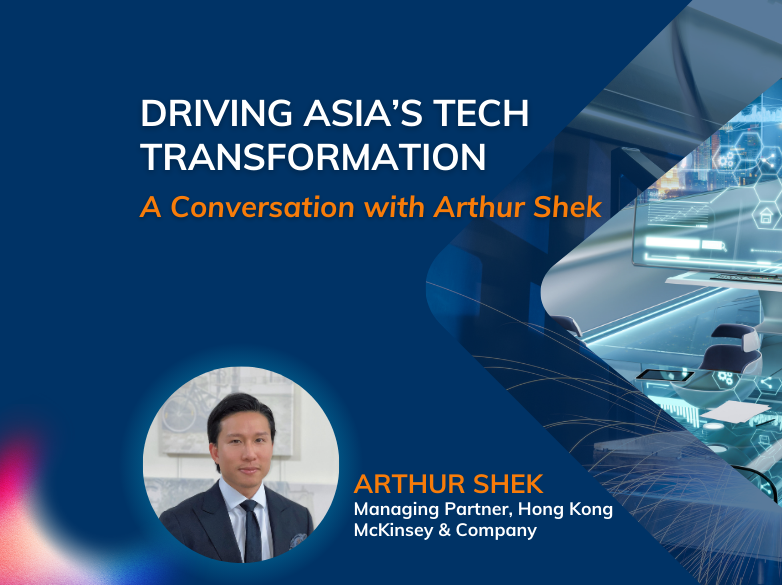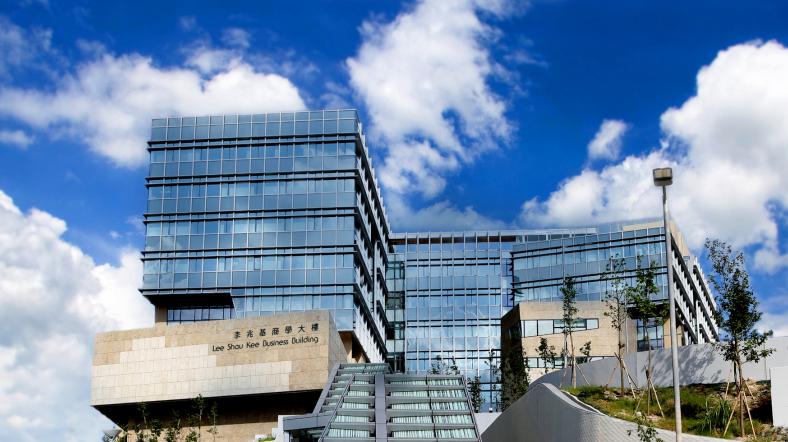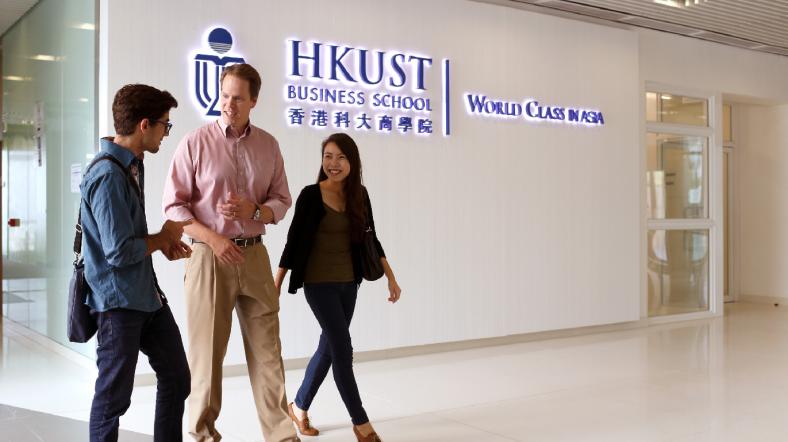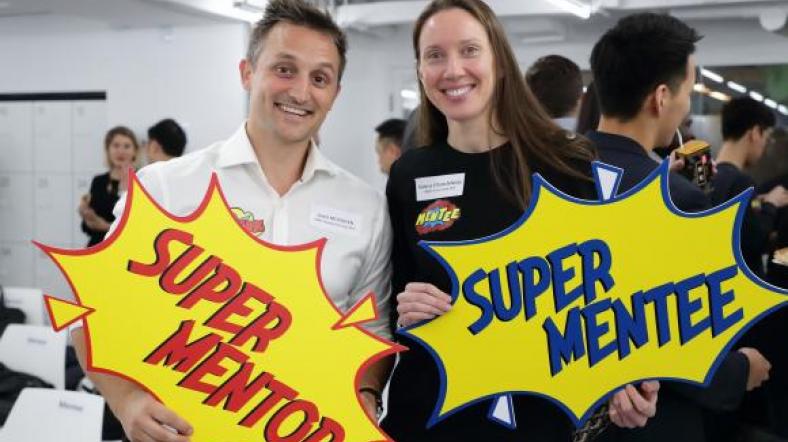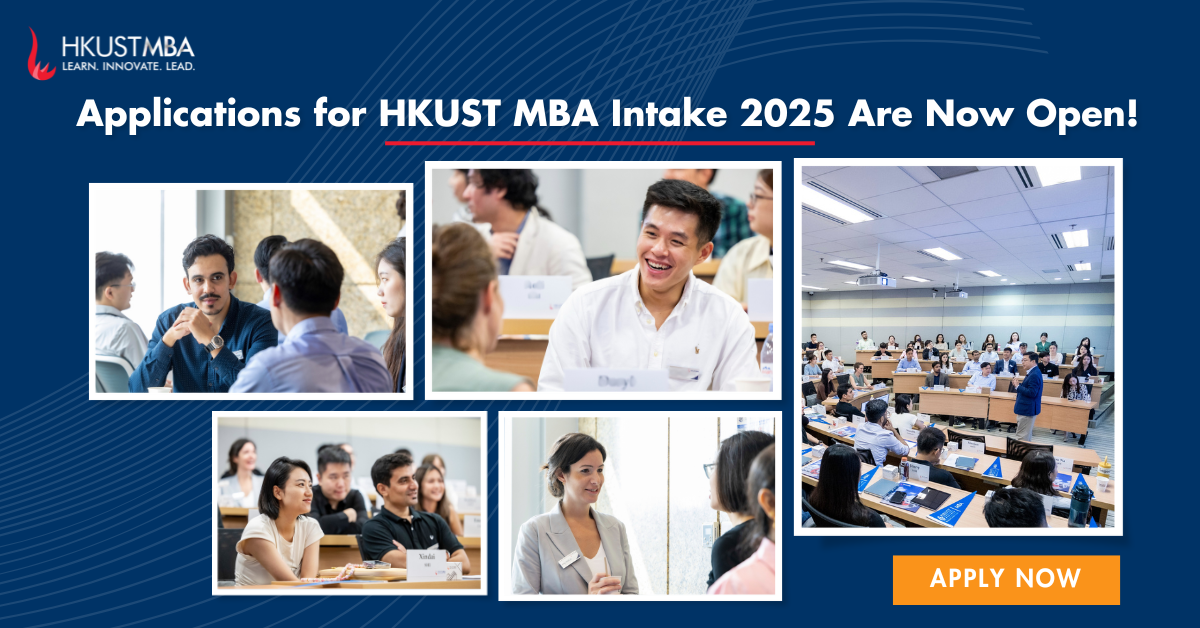Asia is on the cusp of a transformative shift from being a tech manufacturer to a tech creator. At the forefront of driving this holistic and sustainable change in companies across Asia is Arthur Shek, the Managing Partner of McKinsey's Hong Kong office. Leveraging his vast expertise in strategy, digital transformation, and innovation, Arthur provides valuable insights into the importance of Asia's transition towards becoming a "tech creator" and the pivotal role played by McKinsey in facilitating this profound shift.
Over the years, Arthur has led many transformation efforts with multinational financial institutions, local conglomerates, as well as public organizations, in Asia as a whole. He is a Co-Founder of the Melo Program, a not-for-profit platform dedicated to empowering youth in Hong Kong through bridging them meaningfully with leaders in business and society. Arthur also sits on the Board of Junior Achievement Hong Kong, is a frequent speaker on youth and business technology topics, and advises various startup companies.
Could you share briefly what it means for Asia to transition to being a "tech creator"?
Arthur: Asia has long been a powerhouse in tech manufacturing, producing consumer electronics, industrial electronics, and semiconductors. However, the region has historically relied on importing critical technologies, rather than leading in foundational technologies and end-to-end self-sufficiency. For example, in the chip industry, Taiwan and South Korea's strength lies in production and manufacturing, rather than design across the value chain. This has positioned Asia as more of a technology taker.
However, the landscape is changing. In recent years, we've witnessed a shift. Emerging technologies like AI, cloud computing, clean energy, and more have the potential to shape our world. What's unique about these areas is that there are no definitive global leaders yet. This presents a tremendous opportunity for Asia to step up and become a leader in shaping the future.
While Asia is making progress in these areas, there is still work to be done to fully realize its potential as a tech creator. By focusing on building capabilities, fostering innovation, and investing in research and development, Asia can move beyond being a technology taker and emerge as a true shaper of technologies.
How do you foresee this shift influencing the consulting industry, and what role do you believe McKinsey can play in facilitating and driving this transition?
Arthur: This shift is crucial for the industry, and its impact extends to various dimensions. Firstly, it influences who we work with, as these shifts are driving the future goals of Asia. In the consulting industry, we anticipate increased demand from companies leading in these areas. These are the companies that shape the world, and partnering with them aligns with our aspirations. Secondly, it affects the type of work we do. Given the novelty of these shifts, companies will require new strategies and capabilities. Our collaboration with them will revolve around these aspects, including building new execution muscles. Lastly, and significantly, it influences how McKinsey thinks about our own people and capabilities. To effectively assist these companies, we must develop expertise in AI, cloud, software engineering, machine learning, and more. This ensures that we provide clients not only with the best advice and insights, but also with the support necessary to achieve impactful outcomes. We see ourselves as partners, holding their hand and working together towards success, rather than simply offering advice. To meet these challenges, McKinsey is also investing in its own capabilities, including AI, cloud computing, software engineering, and machine learning, to ensure we can provide the best advice and support for our clients.
In your role at McKinsey & Company, you've been at the forefront of business transformation projects. Could you share an example of a project that particularly stands out and any emerging trends you've observed in this space?
Arthur: Hong Kong has enjoyed significant advantages as a market, benefiting from the robust growth of the Chinese economy and its position as a gateway between the East and the West. The rule of law and the trust in professional services have further contributed to the success of many companies in the region. Amidst these favourable conditions, one project stands out in my mind—a collaboration with a consumer goods manufacturer embarking on a transformative journey. Their goal was to transition from an OEM to a recognized brand that directly engages with customers. This required a comprehensive transformation encompassing their business model, technology infrastructure, and organizational culture. We played a pivotal role in helping them redefine their value proposition, establish robust data capabilities, and identify core competencies in emerging technologies. Additionally, we emphasized the empowerment of young talent, fostered a culture of innovation through cultural changes, and implemented agile ways of working.
You advise many CEOs and top business leaders. Could you share your thoughts on the key qualities that define a successful leader in today’s business environment and any new qualities that will become more important in the future?
Arthur: Certainly! I believe there are two key qualities that define a successful leader in today's business environment. Firstly, having a strong vision for change is crucial. Many companies resist change because they are comfortable with the old ways that have worked for them. However, with the fast changing environment, companies need to adapt. Leaders who possess a clear vision for change and can communicate it compellingly to their organization are becoming increasingly important. Secondly, the ability to attract, motivate, and retain top talent is essential. Everything from business models to technology can quickly become obsolete. A company's success ultimately relies on its people. Leaders who can lead their organizations to win the war for talent demonstrate another vital quality.
Many MBA students aspire to a career in consulting. From your perspective, what specific skills should they focus on developing? And how can they best prepare themselves to adapt to the rapidly changing business environment?
Arthur: Consulting is a demanding industry, tackling complex challenges and opportunities that companies struggle to resolve on their own. For aspiring consultants, there are important skills to develop. Firstly, problem-solving skills are fundamental. This includes logical thinking, structured problem breakdown, prioritization, and coming up with solutions while considering different perspectives and weighing pros and cons. Secondly, language and communication skills are crucial. Fluency in languages relevant to the consulting context, such as English, Mandarin, or Cantonese, is increasingly important for effective communication with diverse stakeholders. Lastly, while consulting remains a generalist industry, there is a growing demand for specialized expertise. Developing knowledge or expertise in specific industries or functional areas like data analytics or user experience design can differentiate aspiring consultants in today's market, where adding value to clients is very important.
Your active involvement as one of the founders of Project Melo demonstrates your dedication to social causes. Could you please share what inspired you to create this program and how you envision it will positively influence the younger generation?
Arthur: For me, it's rooted in my love for Hong Kong and my desire to make a meaningful difference in this city. I believe success is achieved by becoming someone who can positively impact and shape our community. Project Melo was born out of a realization in 2019 that there was a significant gap between the aspirations of the youth in Hong Kong and the older generation. We noticed that while many established leaders expressed optimism about the future, the youth had lower levels of hope and trust. This gap inspired us to take action and build a bridge between the two segments. The vision of Project Melo is to empower the youth by providing them with a platform to learn, connect, and make a positive impact on their city. We have worked with various companies and foundations, collaborating on projects that address issues important to the youth, such as mental health, sustainability, financial literacy, and social inequality. Moving forward, our goal is to hand over the reins to the youth themselves, allowing them to lead and shape the platform according to their vision. Balancing my professional work, continuous learning, and nurturing future leaders requires purpose, alignment, and sustainability. Having a long-term purpose helps guide my actions and decisions. I also ensure that the activities I engage in are synergistic and contribute to my overall goals. Lastly, I prioritize sustainability and recognize that life is a marathon rather than a sprint. It's crucial to maintain a balanced and fulfilling lifestyle that can be sustained in the long run.
As we reflect on Arthur 's journey, we are reminded of the importance of purpose, synergy, and sustainability as we strive to make a lasting impact in our personal and professional lives.
About Arthur Shek
Arthur Shek is the Managing Partner of McKinsey’s Hong Kong office. He focuses on driving holistic, transformational, and sustainable change at companies especially in Hong Kong and Mainland China, and also has extensive experience operating in Asia as a whole. Over the years, Arthur has led many transformation efforts with multinational financial institutions, local conglomerates, as well as public organizations. The topics Arthur advises on include strategy, digital, innovation, organization and culture change, capability building, mergers and acquisitions, and others, and he is the co-lead for McKinsey’s work in fintech in the region.
Schedule an admissions consultation Download brochure
